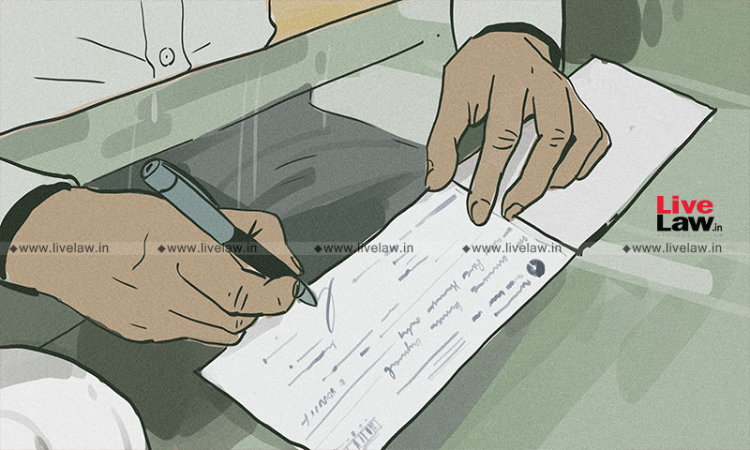The Tripura High Court has made it clear that a court is required to issue notice to the accused and hear him before condoning the delay in filing a complaint under Section 138 of the Negotiable Instruments (NI) Act."...under Section 138 of the NI Act, if the original complaint is filed after the expiry of the statutory period, then, in such cases, before condoning the delay, according to...

